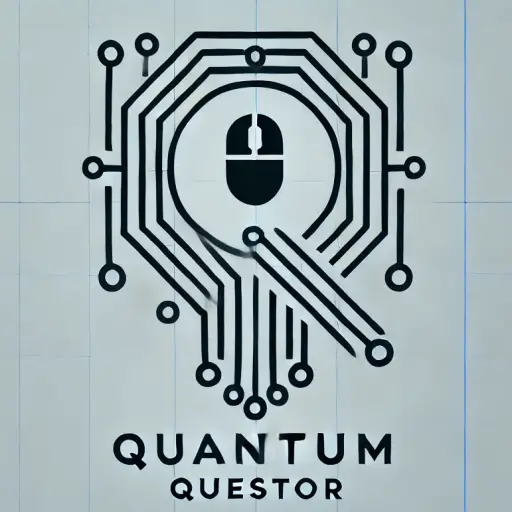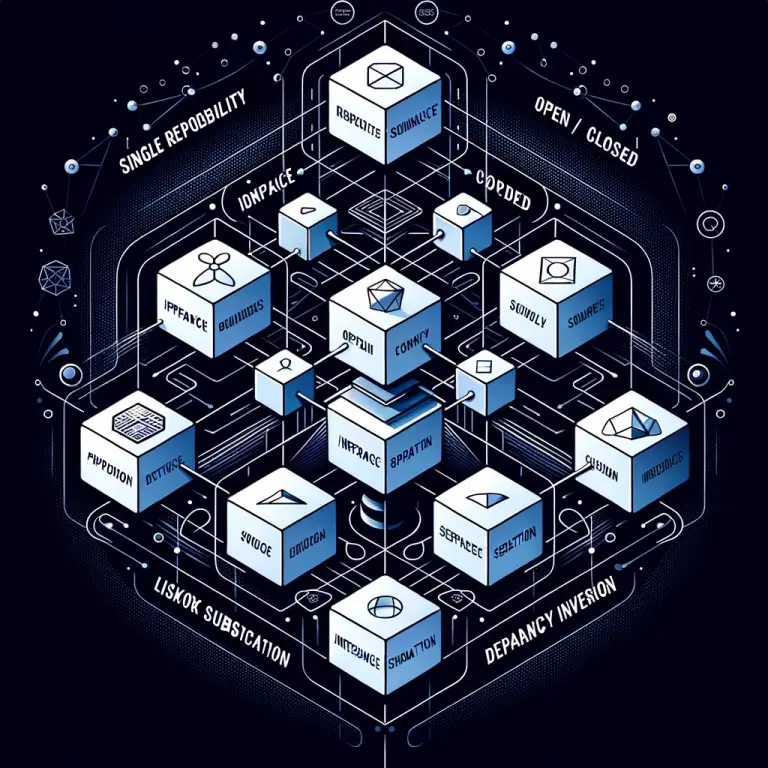
Title: An Exploration of AI-Generated Video Games
Introduction
As we lie amidst a rapidly progressing digital age, the lines between human creativity and artificial intelligence (AI) are continuously blurring. A front-runner in this journey of constant evolution is the video gaming industry, boasting dramatic leaps in the intricacies of game development utilizing AI technologies. This article delves into the fascinating realm of AI-generated video games, exploring their introduction, development, advantages, challenges, and expected future changes.
Main Content
AI in Video Game Development
Artificial Intelligence has brought about an innovative transformation in the video game industry which continues to thrive on novelty and creativity. AI algorithms used to be simply implemented to simulate intelligent behavior within the games, providing a challenge to the human player. However, it has now evolved to being responsible for the creation of entire games autonomously.
AI-generated video games refer to entire gaming experiences shaped and constructed by AI, which programmed with algorithms designed to generate the game’s codes, physics, aesthetics, storylines, characters, plot twists, and even difficulty levels. AI’s prevalence in the video game industry fosters a captivating dynamic where the games can tailor themselves to individual players’ gaming styles, thereby personalizing the gaming experiences and enhancing the overall entertainment factor.
Advantages and Opportunities
The deployment of AI in video game creation opens up a plethora of advantages. Firstly, it accelerates the development process. An entire game that would typically require months or even years to develop could be autonomously created by AI in a fraction of that time. This increased speed and efficiency in game development can lead to an influx of new games, contributing to the growth of the industry as a whole.
Secondly, AI-generated video games promise an elevated level of personalization. AI has the ability to understand players’ actions, reactions, preferences, and even proclivities and then amend the gameplay to make it more interesting and challenging for the individual player.
Challenges and Limitations
However, as promising as the technology is, it is not free from challenges and drawbacks. For instance, creating AI that can autonomously generate an entire game that is bug-free and enjoyable is a highly complex task. AI-generated games might have issues related to game balance, coherence in storyline, and unpredictability in character attributes or behaviors.
Another significant challenge is the conundrum of creativity. While AI can replicate and learn from human creativity, the question remains whether it can truly generate an original, creative game concept from scratch. Human designers bring a touch of uniqueness and ingenuity that seems difficult to replicate by AI fully.
Future Predictions
Despite these challenges, AI help in shaping the future of video gaming is undeniable. We may see AI technology getting more integrated with virtual reality (VR) and augmented reality (AR) gaming, offering more immersive and personalized experiences. AI might also be used to create adaptive games, which adjust their difficulty level or narrative based on the player’s performance, keeping them engrossed and challenged throughout.
Conclusion
The advent of AI-generated video games marks a revolutionary era in the video gaming industry. As AI in gaming evolves from a tool merely crafting the game’s rules and characters into a creative force that can generate the game itself, it paves the way for exciting and innovative developments. However, marrying the raw, creative, and aesthetic essence of human game designers with AI’s computational prowess effectively remains a daunting yet intriguing challenge. As we venture forward, it will be interesting to observe how AI continues to shape, mold, and influence the landscape of the video gaming world.

